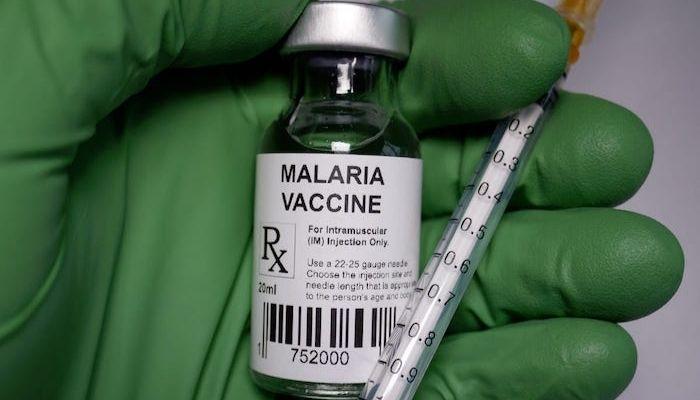
The Nigerian Government has officially announced the inclusion of the malaria vaccine in the country’s national routine immunisation schedule, marking a significant step in its ongoing efforts to combat malaria. This decision follows the government’s commitment to eliminate the disease, which has been costing the nation over $1.1 billion annually.
The coordinating minister for Health & Social Welfare Muhammad Ali Pate, made the announcement during the inaugural meeting of the Advisory on Malaria Elimination in Nigeria (AMEN) in Abuja. He described malaria not only as a severe health crisis but also as a critical economic and developmental emergency that must be addressed.
“Malaria continues to impose an unacceptable toll on Nigeria. With 27% of global malaria cases and 31% of global malaria deaths, our country bears the heaviest burden of this disease. In 2022, over 180,000 Nigerian children under the age of five lost their lives to malaria a tragedy we have the tools to prevent,” Prof. Pate said.
Highlighting the economic impact, he stressed that malaria is more than just a health issue. It hampers productivity, increases out-of-pocket health expenditures, and worsens poverty levels. The annual loss to Nigeria’s GDP due to malaria exceeds $1.1 billion, which underscores the importance of eliminating the disease, he added.
Malaria elimination is a cornerstone of the Nigeria Health Sector Renewal Investment Initiative (NHSRII), aligning with the government’s Renewed Hope Agenda to transform the health sector.
In a related update, the National Primary Health Care Development Agency (NPHCDA) revealed that the malaria vaccine would now be available as part of the country’s routine immunisation schedule. The agency stated that this milestone would provide millions of Nigerian children with protection against malaria, bringing the nation closer to a malaria-free future.
The initial rollout will take place in Kebbi and Bayelsa states, with the second phase planned for 19 states and the Federal Capital Territory (FCT) in 2025. The final phase will target the remaining 15 states.
Earlier in October, Nigeria received one million doses of the R21/Matrix-M malaria vaccine, donated by Gavi, the Vaccine Alliance, and delivered with the support of UNICEF and the World Health Organization (WHO). Developed by Oxford University and produced by the Serum Institute of India and Novavax, this vaccine is a crucial tool in the fight against malaria. It is intended for children aged five months to 15 months and aims to significantly reduce the number of deaths caused by the disease.
The NPHCDA’s Executive Director, Muyi Aina, confirmed that the vaccine would be incorporated into the National Immunization Schedule, with ongoing efforts to expand its availability. As additional vaccine doses are received, the program will be expanded, further advancing Nigeria’s path to malaria elimination.
This milestone marks a pivotal moment in Nigeria’s battle against one of the deadliest diseases in the country and the wider African continent, bringing renewed hope for a healthier future for millions of children.





